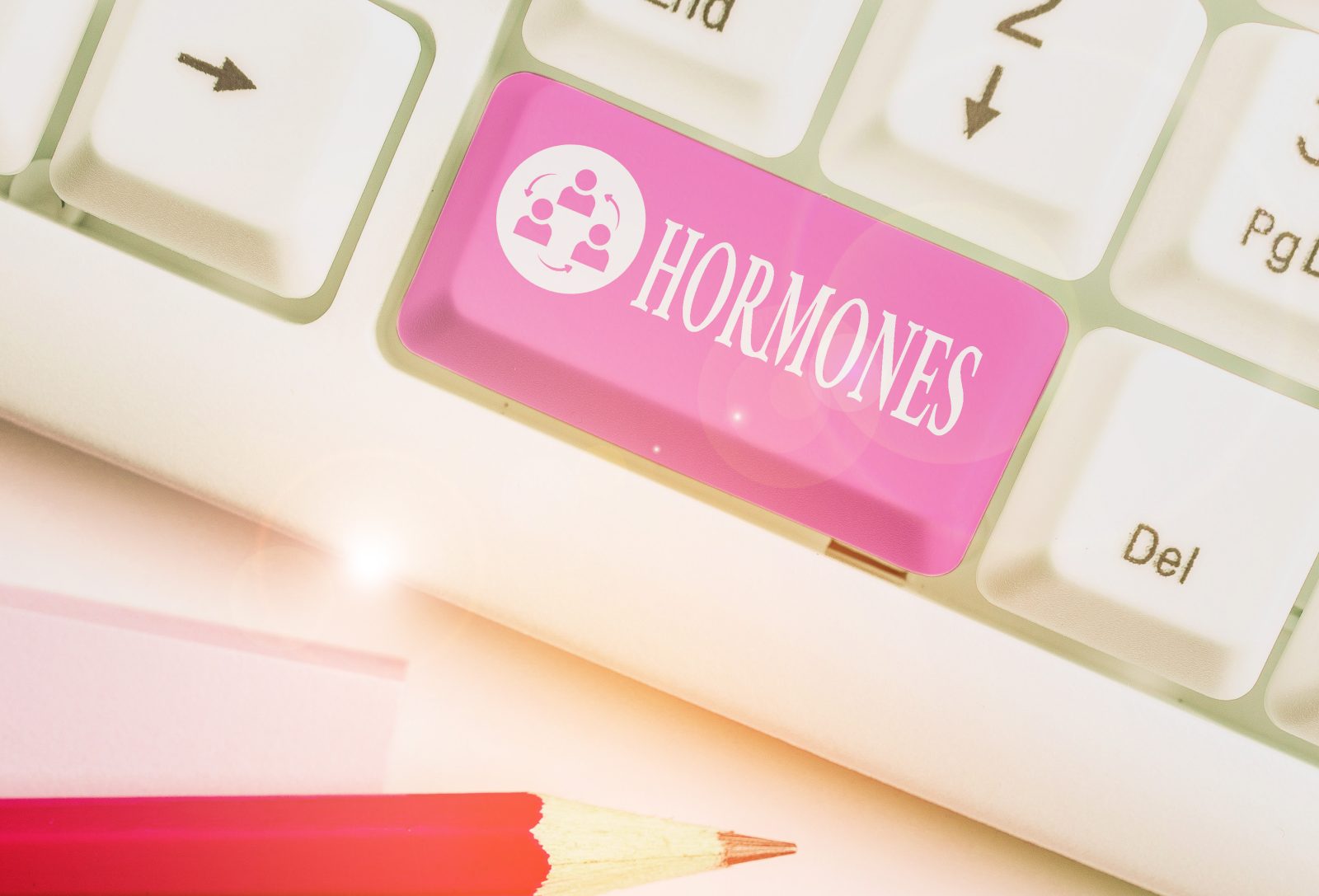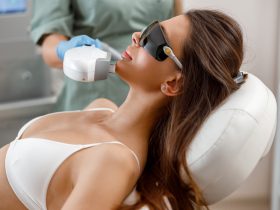Hormone replacement therapy (HRT) can be utilized to balance estrogen and progesterone levels during menopause, aiming to alleviate symptoms like hot flashes and night sweats. However, its safety may not apply universally.
Also referred to as menopausal hormone therapy, HRT can offer relief from menopausal symptoms such as sweating and hot flashes. It may also lower the risk of osteoporosis. Various types of HRT may include both progesterone and estrogen, or solely estrogen. In certain cases, testosterone may also be included.
Discover more about the purposes, types, and potential risks associated with HRT below.
Purpose
Hormone treatment serves a variety of purposes. The appropriate blend and amount of hormones depend on why this treatment is being recommended.
Menopause
Menopause is a natural life shift, not a disease. It’s when a woman transitions from her reproductive years to the next phase of life.
Many women navigate menopause without needing treatment. Yet, if the transition causes distressing symptoms, several treatment options are available.
Around menopause, some experience:
- Hot flashes and night sweats
- Vaginal dryness
- Bone thinning (osteoporosis)
- Urinary issues
- Thinning hair
- Sleep difficulties
- Mood shifts
- Irregular periods
- Concentration and memory problems
HRT can help manage several of these symptoms.
Moreover, certain studies suggest that HRT might:
- Improve muscle function
- Lower the risk of heart failure and heart attacks
- Decrease mortality among younger postmenopausal individuals
- Potentially slow skin aging, under careful use
However, these benefits require further research for confirmation. Explore more about what to anticipate during menopause.
Other Applications
A doctor may also prescribe distinct hormone combinations for:
- Birth control
- Low blood testosterone levels
- Transitioning from the birth-assigned sex
- Managing prostate cancer
About Hormones and Menopause
Estrogen and progesterone levels change in females each month as part of the menstrual cycle. These hormone levels also shift over a person’s life.
Perimenopause
In a person’s 40s, estrogen and progesterone levels start to drop, even though periods continue for a while.
Periods may become irregular, and menopause symptoms like hot flashes can appear during this time. While periods continue, pregnancy is still possible, though chances decrease.
Perimenopause, the lead-up to menopause, usually lasts around 7 years, but it can extend up to 14 years.
Menopause
Menopause starts 12 months after the last period. It often begins around age 52 in the U.S. After menopause, becoming pregnant naturally is no longer possible.
Menopause experiences vary, but common symptoms include hot flashes and mood changes. A study from 2015 found that for over half of women, hot flashes:
- Last over 7 years
- Begin before the final period
- Continue about 4.5 years post-menopause
HRT can help manage these symptoms during this period.
Early Menopause
For some, menopause starts earlier and HRT can be beneficial.
Early menopause could be due to:
- Surgery to remove the uterus, ovaries, or both
- Certain types of cancer
- Specific genetic, chromosomal, or autoimmune factors
- Smoking
- Sometimes, it starts early for unknown reasons
If someone faces surgery affecting their reproductive system, they should ask about early menopause risks. Doctors can discuss available treatments if needed. Learn more about surgical menopause here.
Possible Effects of HRT
While HRT can help control menopause symptoms, it can also lead to negative effects.
Depending on the treatment type, these can include:
- Acne
- Bloating
- Digestion issues
- Breast tenderness
- Swelling in breasts or other areas
- Abdominal or back pain
- Leg cramps
- Headaches
- Migraines
- Nausea
- Vaginal bleeding
- Mood shifts
- Feeling down
- These effects often fade after a few weeks.
It’s important to tell the doctor about any concerning side effects. They might adjust the dose or suggest an alternative.
Is Hormone Therapy Safe?
In the past, many used hormone therapy for menopause, but it’s not safe or suitable for everyone, especially those with certain risks.
Today, most doctors believe hormone therapy is safe:
- For strong hot flashes and vaginal dryness
- Until age 59
- Within 10 years of menopause
- At the lowest dose, for the shortest time
However, personal health and choices should guide the decision.
Who Shouldn’t Use HRT? Risks and Types
HRT might not be suitable for those with a history of:
- Uncontrolled high blood pressure
- Blood clots
- High triglyceride levels
- Stroke
- Heart disease
- Breast cancer
- Gallbladder disease
Pregnant individuals or those who might become pregnant should also avoid it.
Does HRT Cause Cancer?
Some older research linked HRT to cancers, but it’s more complex. The risk depends on the type of treatment and cancer. While one type might slightly increase breast cancer risk, another might reduce it. Consult a doctor for personalized advice.
Does HRT Cause Weight Gain?
No evidence supports this concern. A healthy diet and exercise can help manage weight gain during midlife for both females and males.
Types of HRT
Different types of HRT offer varying hormone combinations. Common types include:
- Estrogen-only HRT (for those without a uterus)
- Cyclical HRT (matches menstrual cycle)
- Continuous HRT (after menopause)
- Local estrogen (for vaginal symptoms)
How to Take It
Doctors prescribe the lowest effective dose. HRT delivery methods include tablets, creams, vaginal rings, and patches. Gradually stop under the doctor’s guidance.
Alternatives and Lifestyle Adjustments
Lifestyle changes can help manage symptoms:
- Limit caffeine and alcohol
- Avoid spicy foods
- Don’t smoke
- Exercise regularly
- Wear loose clothing
- Maintain regular sleep habits
- Use cooling aids for night sweats
- Practice stress reduction techniques
- Seek support from friends and family
Consult a doctor for nonhormonal options. Some use herbal supplements like ginseng, black cohosh, red clover, soy, or kava, but their effects are uncertain and may not be safe for all. Always consult a doctor before trying supplements.
Conclusion
Hormone therapy is a common way to address various health concerns. Specific hormones or combinations can effectively manage menopause symptoms.
Yet, HRT isn’t right for everyone. Healthcare professionals can explain the risks and potential advantages thoroughly, assisting individuals in making informed decisions.
















Find Us on Socials